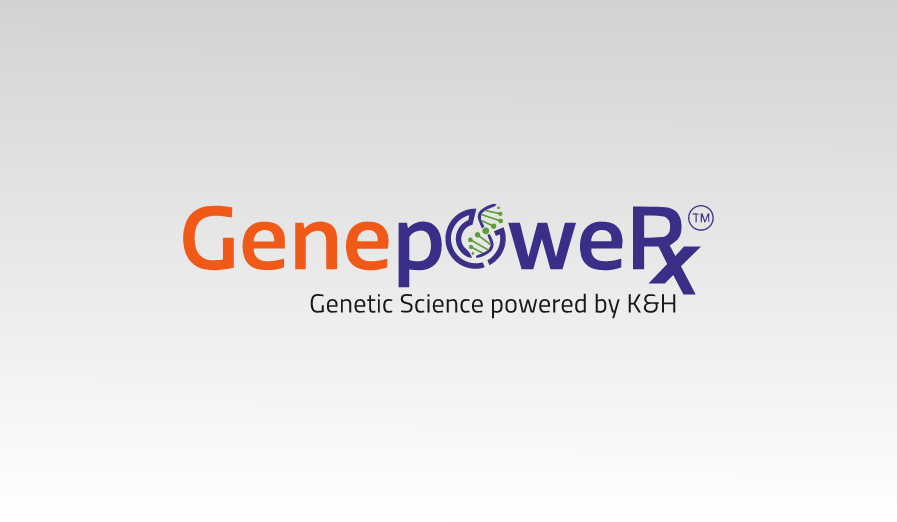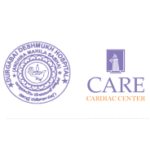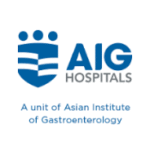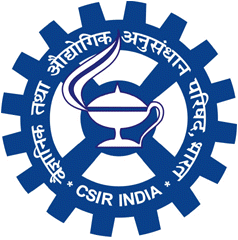Treatments Focus
Precise Dietary Advice

Precise dietary advice, also known as precision nutrition is specific to dietary intake. It is an emerging area of research under precision medicine. Both create therapies based on person’s unique characters such as DNA, race, gender, health history and lifestyle choices, to prevent diseases. Both strive to provide more precise and targeted techniques for disease prevention and treatment, making them safer and successful. Precision medicine suggests that each person’s sensitivity to specific foods and nutrients varies. Therefore, the best diet differs from person to person.
Personalized nutrition, focuses on the individual rather than group of people. Many research studies on nutrition and other types of diets are beneficial to communities and the general public. Precision nutrition assesses a person’s DNA, microbiota, and metabolic response to certain foods or dietary patterns in order to find the most effective eating plan for illness prevention or treatment.
Precision Nutrition in Disease Management:
For years, specific dietary treatments based on genetic data have been used. For example, a gluten-free diet for celiac disease management, a lactose-free diet for lactose intolerance management, and avoiding dietary phenylalanine for phenylketonuria management. Precision nutrition, on the other hand, is still in its early phases and is not yet ready to be used as a treatment for chronic diseases in the general population.
Research is being done on the application of precision medicine on obesity, type 2 diabetes, some cancers and metabolic syndromes.
Genetics in precision nutrition:
Precision nutrition driven by genetics is bringing a new era of more effective healthcare services for greater well-being in people of all ages, as well as better control of obesity and related diseases.
FAQ's :
Precision nutrition driven by genetics is bringing a new era of more effective healthcare services for greater well-being in people of all ages, as well as better control of obesity and related diseases.
Food tolerances are known to vary among human subpopulations, and genetic variation may also influence dietary requirements, generating the new field of nutritional genomics and raising the possibility of tailoring nutritional intake for optimal health and disease prevention based on an individual’s genetic makeup.
References :
- Precision nutrition. Harvard School of Public Health. Accessed on 29-03-2022. https://www.hsph.harvard.edu/nutritionsource/precision-nutrition/ .
- Precision Nutrition: A Review of Personalized Nutritional Approaches for the Prevention and Management of Metabolic Syndrome. PubMed Central. Accessed on 29-03-2022. https://www.ncbi.nlm.nih.gov/pmc/articles/PMC5579706/
- Precision nutrition: Hype or hope? Harvard school of public health. Accessed on 29-03-2022. https://www.hsph.harvard.edu/news/features/precision-nutrition-hype-or-hope/
- From DNA diets to precision nutrition. University of Cambridge. Accessed on 29-03-2022. https://www.phgfoundation.org/blog/from-dna-diet-to-precision-medicine
- Applications of Genetics in Precision Nutrition. National and Kapodistrain university of Athens. Accessed on 29-03-2022. https://elearninguoa.org/course/health/applications-genetics-precision-nutrition
- A Conceptual Framework for Studying and Investing in Precision Nutrition. Frontiers in genetics. Accessed on 29-03-2022. https://www.frontiersin.org/articles/10.3389/fgene.2019.00200/full
Related Articles
Book an Appointment to understand how GenepoweRx can help you in treating
Precise Dietary Advice
Meet The Doctors
Dr Kalyan Uppaluri
Dr Hima Challa
Your genetics … Your Test ... Your Health Success
It’s always the word of mouth that’s the best advice. Here are some of our…


Our Partners






Professional Partnerships
Government Association

